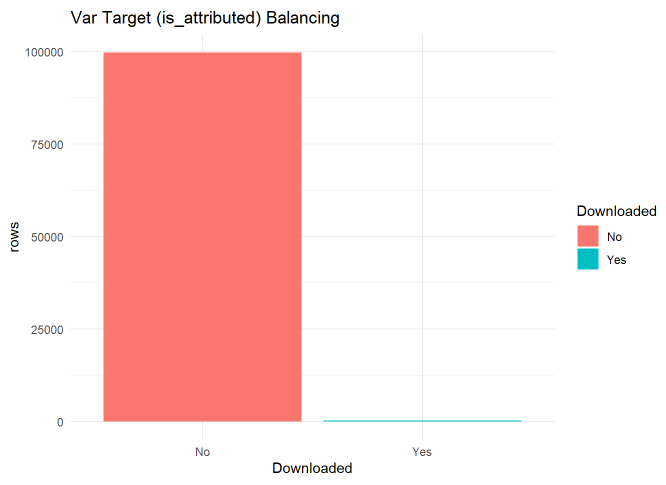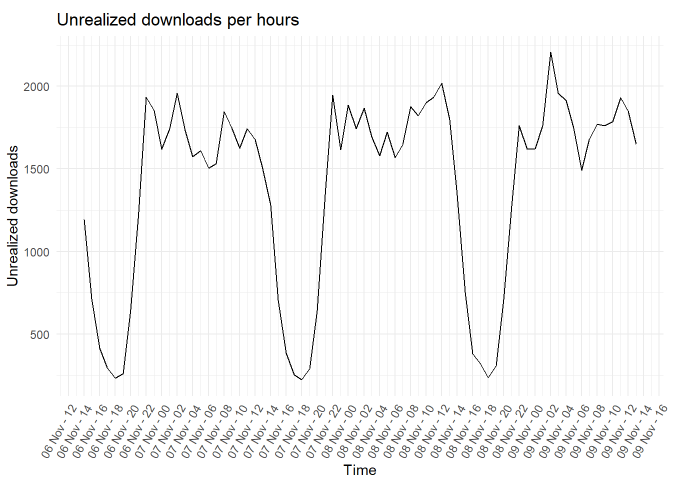Project information
- Category: Machine Learning
- Project date: March, 2021 - April, 2021
- Project URL: edugvs.github.io/project01-adtracking-fraud-detection
Description
The risk of fraud is everywhere, but for companies that advertise online click, fraud can happen in an overwhelming amount, resulting in misleading click data and wasted money. Ad placements can increase costs simply when people or bots click on ads on a large scale, which in practice does not yield the expected result. With more than one billion mobile devices in use every month, China is the largest mobile market in the world and therefore suffers from high volumes of fraudulent traffic. The TalkingData, China's largest independent Big Data platform, covers more than 70% of active mobile devices across the country. They handle three billion clicks a day, of which 90% are potentially fraudulent. Your current approach to preventing click fraud for application developers is to measure a user's click journey across the portfolio and signal IP addresses that produce many clicks, but never end up installing applications. With this information, they created a blacklist of IPs and a blacklist of devices. Although successful, they always want to be one step ahead of fraudsters and have asked for their help to further develop the solution. In summary, using a dataset available on Kaggle. I have built an algorithm that can predict whether a user will download an app after clicking on a mobile app ad to determine whether a click is fraudulent or not using R language.


